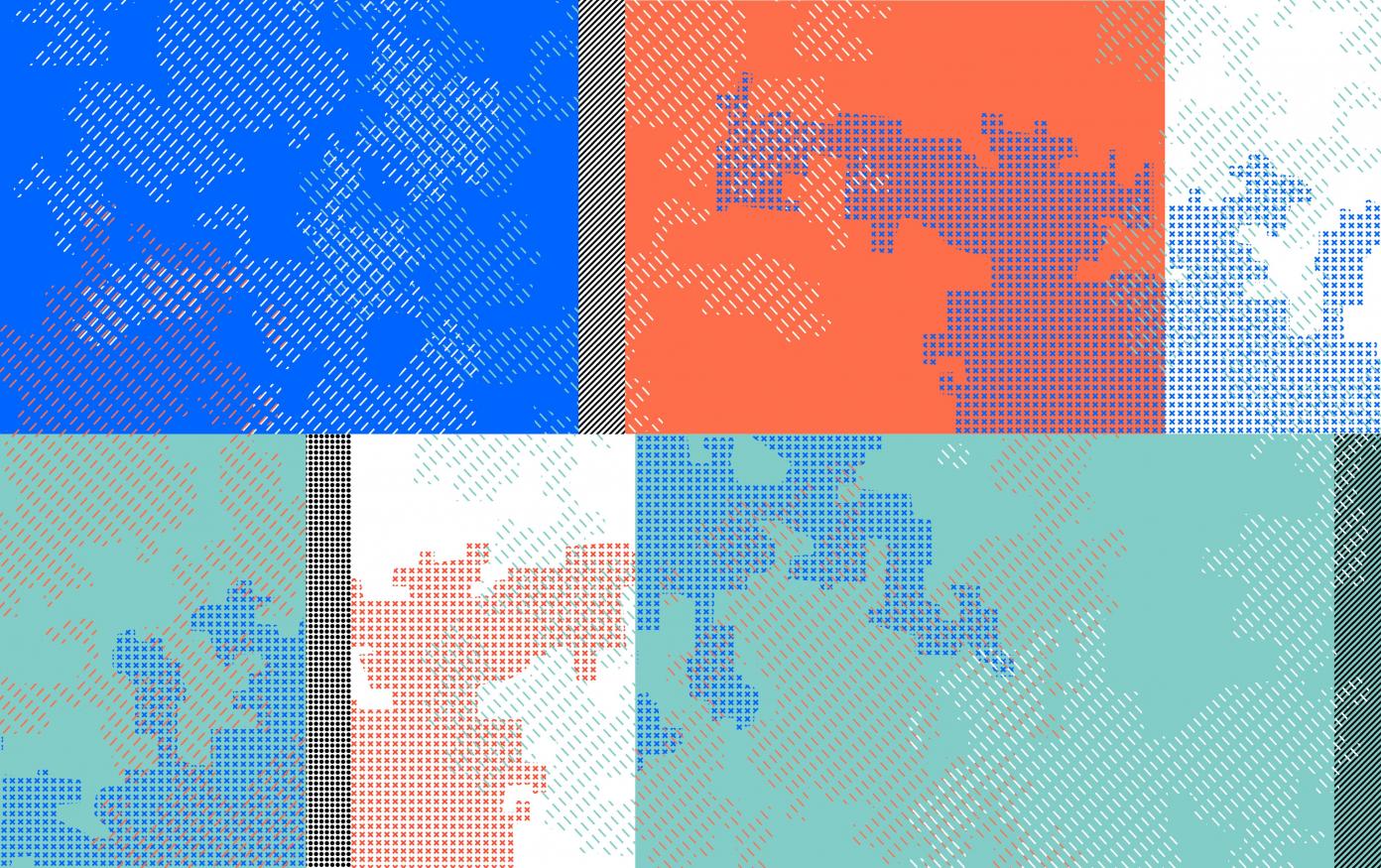Villa Albertine Inaugural Season

By Gaëtan Bruel
Just as Italy played a dominant role in the seventeenth century, Villa Albertine recognizes a new world geography in the arts and ideas. In this reconfiguration, the United States plays a leading role, but France, Europe, and the French speaking world are also active players. It aims to breathe new life into the concept of residency, to adjust to the cultural realities of a continent-country and meet the changing needs of creators.
The idea and need behind opening such a villa across the Atlantic date back a long way. But the historical model of residency villas that host a cooperative of residents in a unique location reveals its limits when transposed to the United States. Indeed, no American city, not even New York, can alone embody the broad range of cultural dynamics that make the US the leading professional destination among French cultural players, and the world’s chief influencer. Think Los Angeles for cinema, San Francisco for digital technology, Chicago for architecture, New Orleans for jazz, Atlanta for urban culture, or Washington, DC, for museums. Given this marked plurality, how does one invent a ubiquitous residency villa that hosts its residents wherever they need to go?
Beyond the geography of US culture, the aspirations of today’s cultural players require a residency that is less standardized, more flexible, and better supported. Through Villa Albertine, France’s Ministry for Europe and Foreign Affairs wanted to rise to these challenges by offering tailor-made exploratory residencies that would meet the American desires of French cultural players and the need to refresh American perceptions of our cultural scene. To fulfill this aim, Villa Albertine operates through a novel concept–a villa on the scale of a country larger than Europe, rooted in multiple locations, offering personalized support, and made up of eighty people spread over ten branches in America’s major cities: Boston, MA; Chicago, IL; San Francisco, CA; Los Angeles, CA; Houston, TX; New Orleans, LA; Miami, FL; Atlanta, GA; Washington, DC; and New York, NY, where it is headquartered.Each year, several dozens of residents will be hosted, not as a collective, but one by one in the city of their choice. They will be housed individually in places that belong to France, like Villa Albertine San Francisco; in an American collector’s home, as in Los Angeles; or in a rented property that best meets their criteria, as in New York. Above all, residents will be invited to get out of their place of residency to explore its territory and form part of the surrounding community, alongside Americans themselves. It is not the resident who will adapt to Villa Albertine, but Villa Albertine that will adapt to the resident.
This inaugural season is not a manifesto. It is an initial attempt to put eighty residents on America’s roads for one year, each resident spending several weeks, or months, in the US. These residents, men and women in equal measure, ages ranging from twenty-two to sixty-five, are not supposed to cross paths in space or time. They are spread all over the United States. Most of them are French, but some do not live in France, and some come from other regions of the world. These choreographers, novelists, museum directors, designers, historians, graphic novelists, geographers, art historians, photographers, astronomers, DJs, composers, journalists, orchestra conductors, festival directors, filmmakers, architects, and plastic artists have been chosen alongside forty French cultural institutions for the diversity of their profiles, the strength of their artistic or intellectual approaches, and the relevance of their projects.
This season will also be supported by around fifteen professional mentoring programs covering the main fields of artistic creation and cultural industry. Through these various initiatives, Villa Albertine expresses the conviction that, in a world in crisis, cultural players should not just be supported; they can, and should, help us grasp today’s big challenges–the digitalization of our world (San Francisco), cultural revolutions (Los Angeles), revived space exploration (Houston), environmental emergencies (Miami), upheavals in knowledge (Boston), and reinvented urban development (Chicago). Villa Albertine is a new kind of think tank. It puts cultural creators, thinkers, and professionals at the heart of an America which is seen as the utopian/dystopian crucible of tomorrow’s world. It gives them a voice throughout their project via an online magazine, and on social media. And it believes in the transformative power of exploratory residencies that are designed to change the outlook of its residents as much as that of those who cross their paths.
Discover the residents of the inaugural season